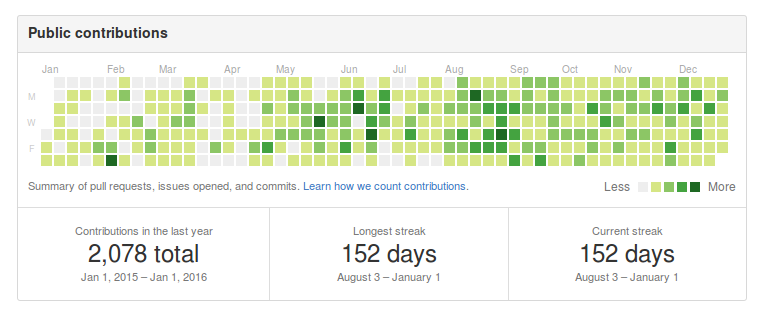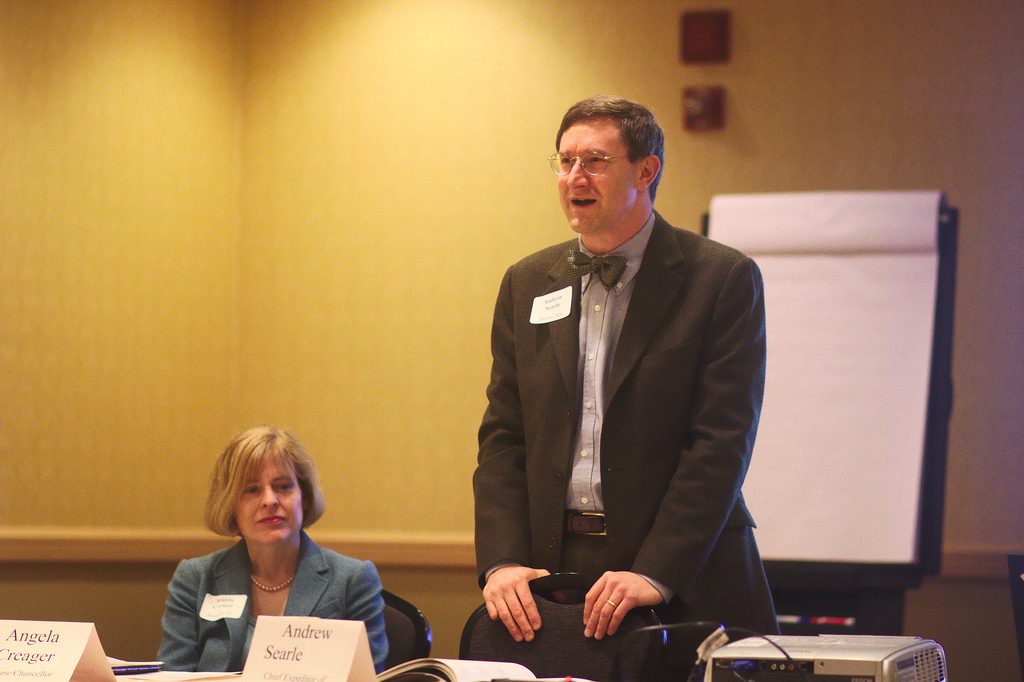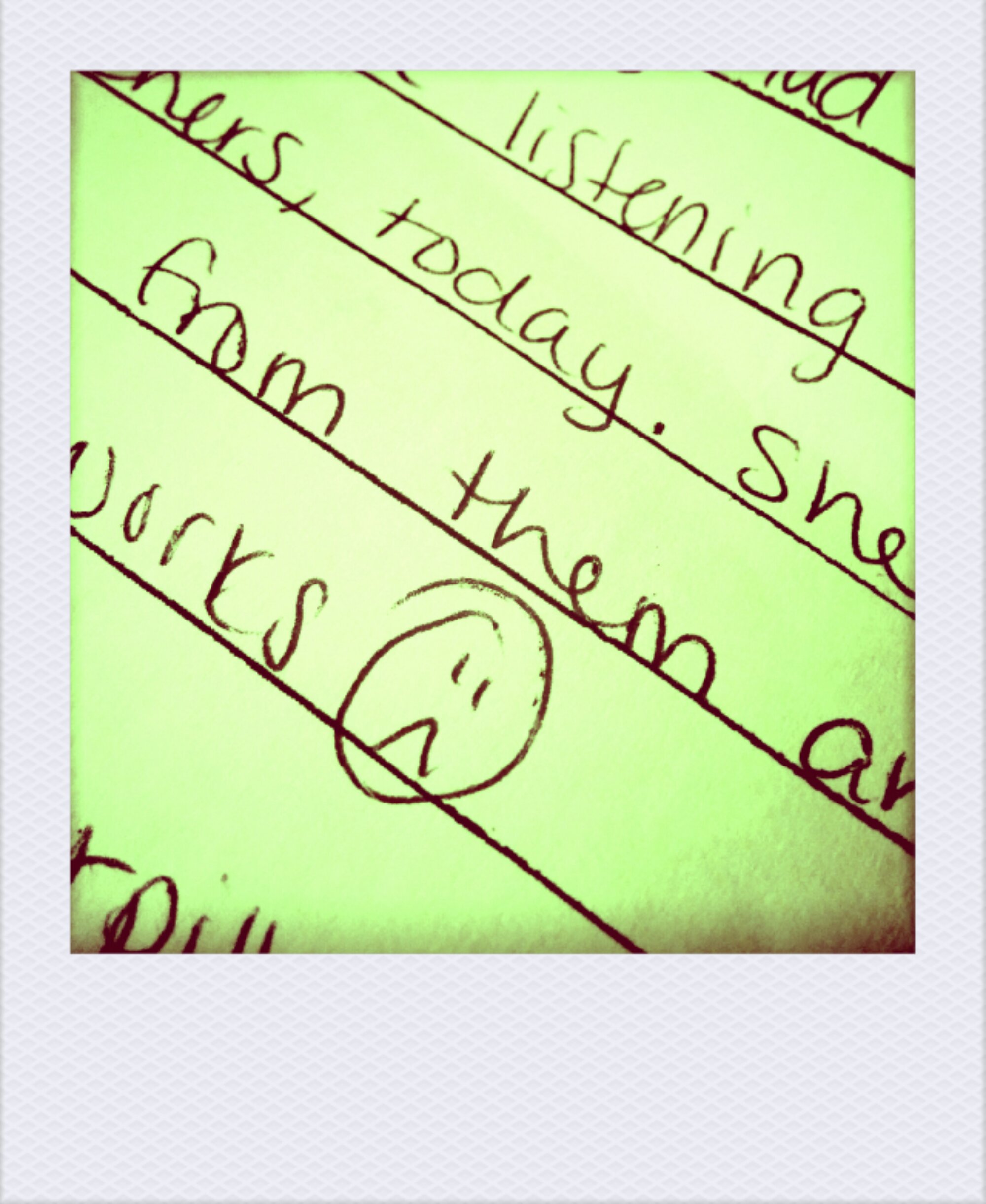Since I started both running semi-regularly and also biking 30+minutes on the Burke a couple times per week, I’ve started listening to a lot of podcasts — mainly focusing on technology (especially free software, web development, and Ruby) and product management. I’ve listening to enough good, and enough bad, that I want to share some of the podcasts I’ve found most interesting and helpful.
Weekly podcasts
These are the most consistently good, consistently released ones I listen to. Not every episode is great, but they are worthwhile enough of the time that I usually at least sample a bit of each new episode.
- Ruby Rogues – a great panel, featuring the awesome Coraline Ada Ehmke, among others. It’s excellent both for Rubyists specifically and as a general software discussion venue.
- Talk Python To Me – a superb interview-based podcast. The focus is Python, but it’s very accessible even without a deep knowledge of the specific language, and I often get ideas from it that are relevant for my work. Episodes usually start with a lot of personal narrative about how the interviewee got to where they are, which is often really interesting.
- CodePen Radio – this one is focused on the startup codepen.io, and is usually a fun listen. The range of topics — all drawn from running a web app-based startup — maps pretty nicely onto the things that are relevant for me, running the technology side of a small nonprofit. (I’ve still never used CodePen, and don’t feel like I need to in order to get value from the podcast.)
- The Changelog – the best of the handful of free / open source software podcasts, this one is interview based, usually goes deeply into the background of each guest, and has consistently interesting guests.
- Javascript Jabber – the javascript companion to Ruby Rogues, this one is a little more scattered and less consistently insightful, but still has a pretty high ratio of solid episodes.
- Ruby5 – this short podcast comes out twice per week, and basically runs down interesting news and new releases in the Ruby and Rails worlds. It’s a little cheesy, but it’s worth your time if you work with Ruby or Rails.
Individual episodes
These are some of the podcast episodes that I recommend. Some come from the podcasts above, and others are individual episodes from podcasts that I otherwise don’t listen to regularly or wouldn’t recommend highly.
- The Changelog: The Future of WordPress and Calypso with Matt Mullenweg – I wish I could just hang out all the time with Matt Mullenweg.
- Data Skeptic: Wikipedia Revision Scoring as a Service – This interview with Aaron Halfaker is the best overview of Wikipedia’s editor trends that I’ve seen/heard.
- Javascript Jabber: The Evolution of Flux Libraries – This late-2015 overview of React, Flux and Redux is the best of many React-related podcasts I’ve listened it. It helped clarify my thinking a lot.
- Ruby Rogues: Neo4j – a nice Ruby-centered introduction to the concept of graph databases
- Javascript Jabber: npm 3 – an interesting overview of the npm roadmap, which helped me understand a lot more about what npm does and what it’s trying to do
- Ruby Rogues: Feature Toggles – a discussion of feature toggles as an key enabler of a trunk-based development git strategy
- Ruby Rogues: The Crystal Programming Language – with the creator of Crystal, made me eager to start using Crystal
- Ruby Rogues: The Leprechauns of Software Engineering – with the author of the book of the same title, super interesting





